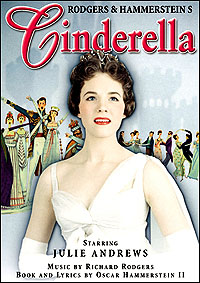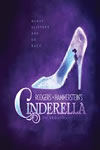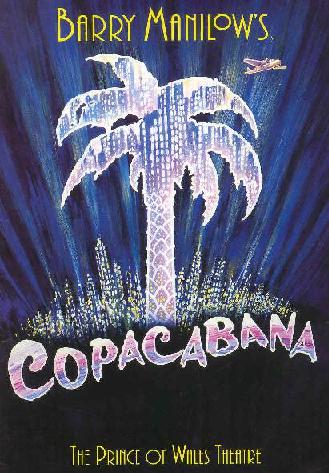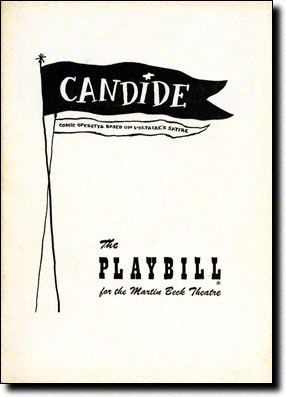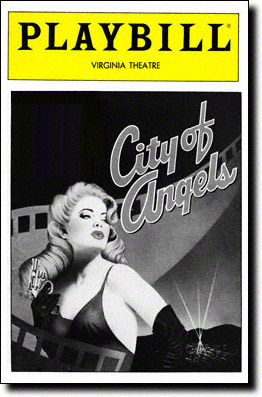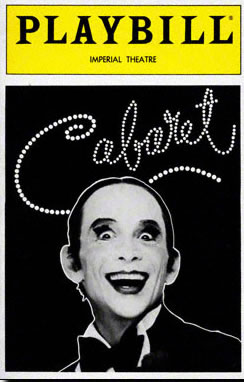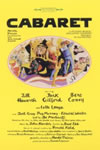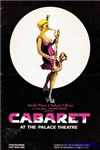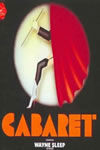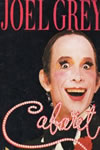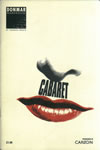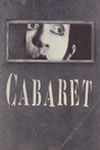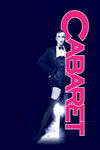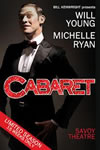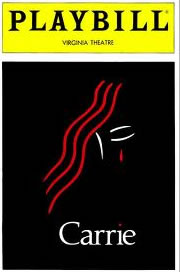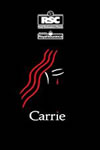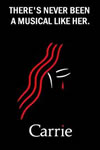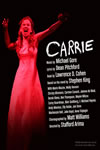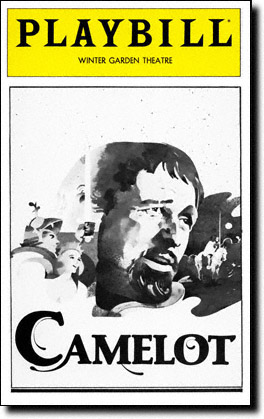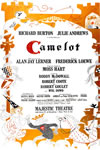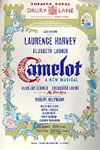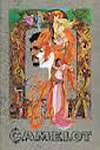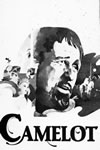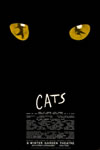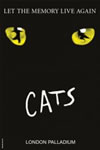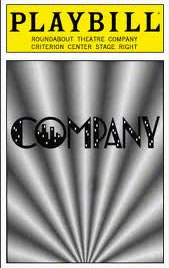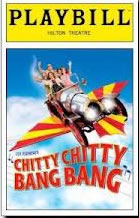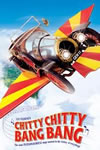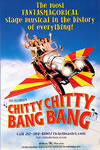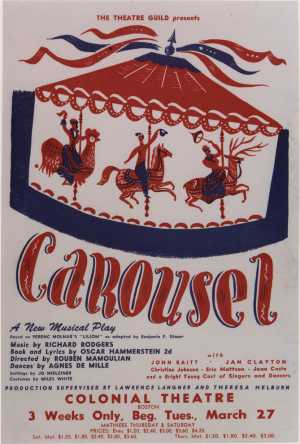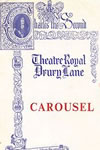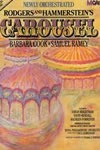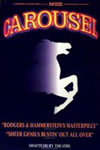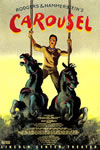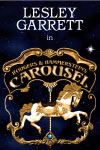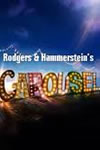Charlie and the Chocolate Factory is the smash-hit musical based on Roald Dahl’s beloved children’s book, directed by Hollywood’s Sam Mendes (Skyfall). Adapted by Grammy Award-winning duo Marc Shaiman and Scott Wittman, with a book by David Grieg, this musical has been wowing West End audiences since 2013. Transferring to Broadway in 2017, Charlie and the Chocolate Factory follows young Charlie Bucket as he wins the opportunity to take a peek behind the gates of Willy Wonka’s mysterious Chocolate Factory. Inside, Charlie and his Grandpa Joe take a mind-blowing journey through a chocolate garden, an army of squirrels and the peculiar singing Oompa-Loompas.
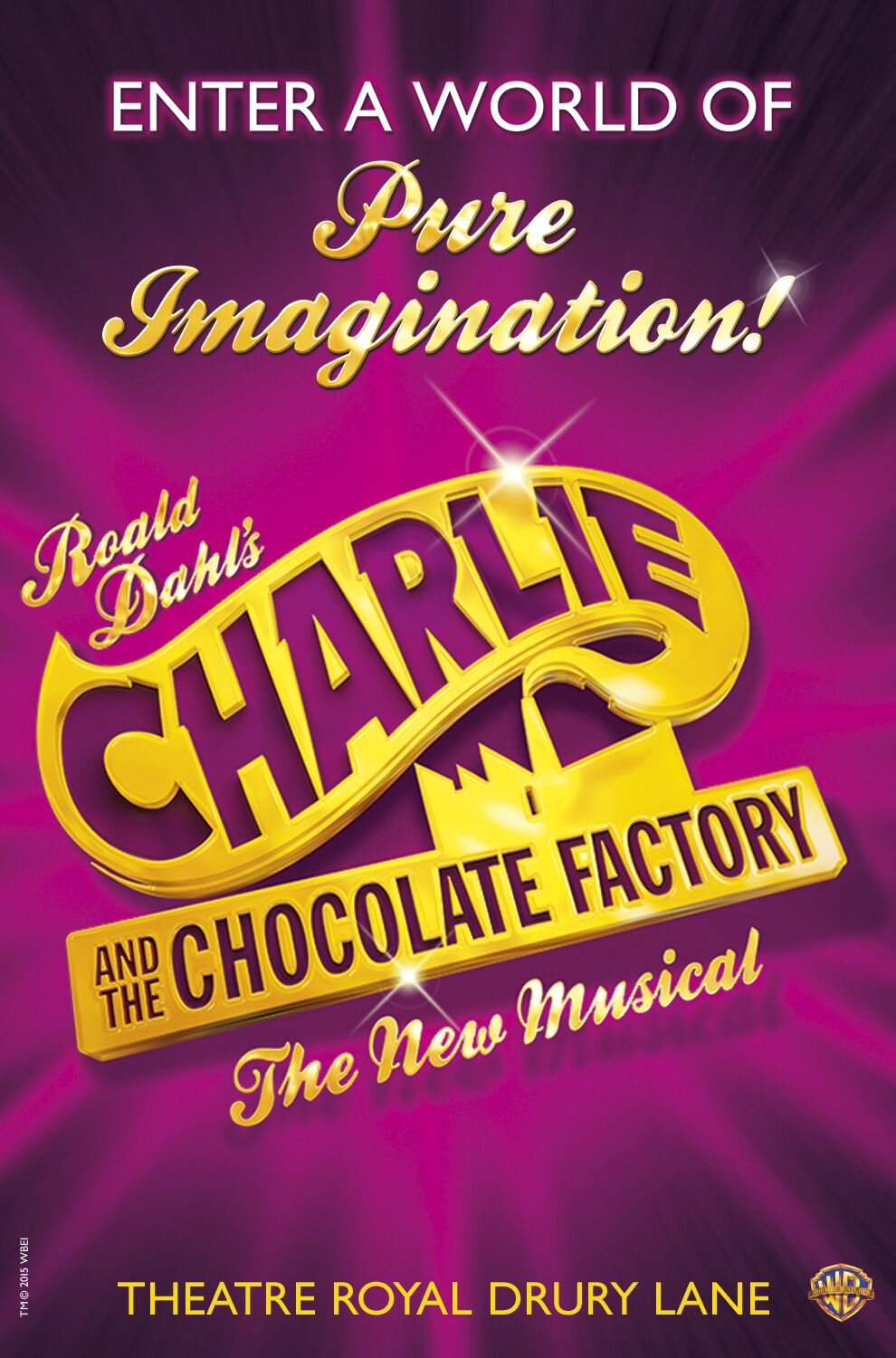
Marc Shaiman
Marc Shaiman, Scott Wittman
David Greig
Roald Dahl's Charlie and the Chocolate Factory
Warner Bros. Theatre Ventures, Langley Park Productions, Neal Street Productions
Sam Mendes
Peter Darling
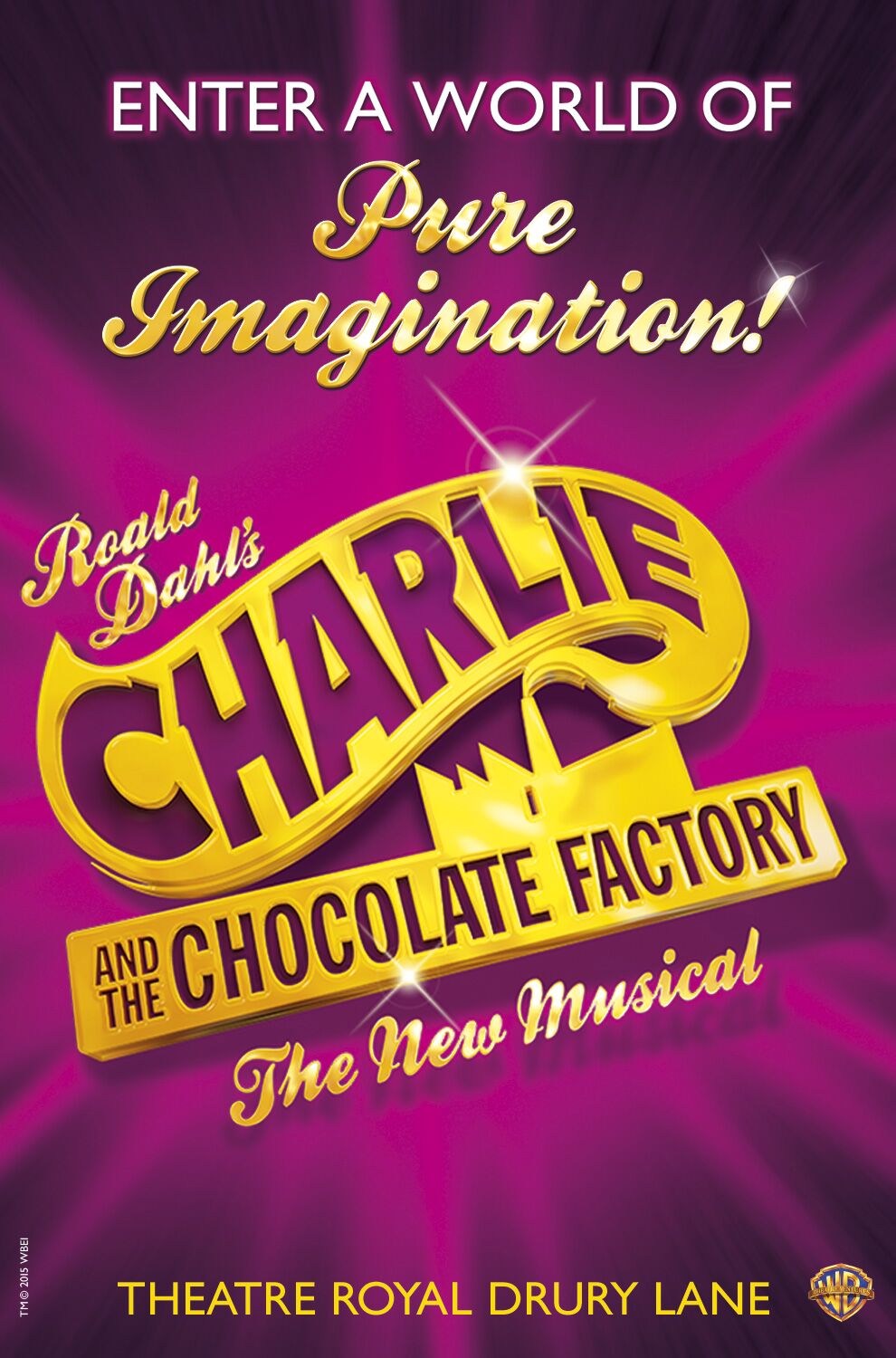
Original London Production
Theatre Royal Drury Lane, London - Opened 25 Jun 2013, closed 7 Jan 2017
Cast: Douglas Hodge, Alex Jennings, Jonathan Slinger (Willy Wonka), Jack Costello, Tom Klenerman, Isaac Rouse, Louis Suc (Charlie Bucket), Nigel Planer, Barry James (Grandpa Joe), Clive Carter (Mr Salt), Polly Allen, Tia Noakes, Ellie Simons (Veruca Salt), Jasna Ivir (Mrs Gloop), Harrison Slater, Jenson Steele, Regan Stokes (Augusus Gloop), Paul J. Medford (Mr Beauregarde), India Ria Amarteifio, Adrianna Bertola, Jade Johnson, Mya Olaye (Violet Beauregarde), Iris Roberts, Josefina Gabrielle (Mrs Teavee), Jay Heyman, Adam Mitchell, Luca Toomey (Mike Teavee), Roni Page (Grandma Josephine), Myra Sands (Grandma Georgina), Billy Boyle (Grandpa George), Jack Shalloo, Richard Dempsey (Mr Bucket), Alex Clatworthy (Mrs Bucket)
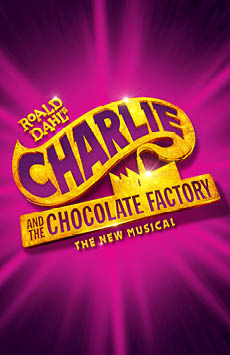
Original Broadway Production
Theatre Royal Drury Lane, London - Opened 1 Mar 2017, closed 1 Mar 2018
Cast: Christian Borle (Willy Wonka), Alan H. Green (Mr Beauregarde), Kathy Fitzgerald (Grandma Josephine)
What was your favourite production? Add your thoughts in the comments box
Twitter Synopsis:
A deliciously delectable tale about Charlie Bucket and his mysterious visit to Willy Wonka’s Chocolate Factory.
Add your own Twitter style synopsis (140 characters only!) in the comments box
Based on Roald Dahl’s popular children’s book, Charlie and the Chocolate Factory is the delicious tale of little Charlie Bucket, who is a huge fan of Willy Wonka’s chocolate and his mysterious Chocolate Factory. Living in a crowded, dilapidated shack with his mother, father and four funny grandparents, Charlie dreams of making it as an acclaimed inventor.
After keeping his gates firmly closed for years, it is announced that Willy Wonka will open his gates for five lucky children, who will all have the opportunity to take a look inside and win a fabulously tasty surprise – all you have to do is find a golden ticket in your Wonka bar! As Charlie’s birthday comes up, he is treated to a marvellous chocolatey surprise – but is disappointed when he cannot find the ticket.
Soon, it is announced that four children have won a sought-after ticket; the ever-hungry Augustus Gloop, the vile Veruca Salt, the bubble-gum champion Violet Beauregarde and the gaming-obsessed Mike Teavee. Charlie thinks he has definitely lost out, but purely by chance gets his hands on the shiny ticket!
Taking his Grandpa Joe with him to the factory, Charlie soon finds out that the other children, and the mystical Wonka himself, are not quite what they seem. As they travel around the gargantuan factory, the children experience a garden made from chocolate, a gobstopper machine, worker-squirrels and a very strange group of Oompa-Loompas who like to sing when something goes wrong…
As the children are whittled down one by one, Charlie has the chance to prove just how much he loves chocolate. Taking a trip in a magic, flying elevator, Charlie realises that his family are all he could possibly need in the world.
Act I
- “Opening”
- “Almost Nearly Perfect”
- “The Amazing Fantastical History of Mr Willy Wonka”
- “A Letter from Charlie Bucket”
- “News of Augustus”
- “More of Him to Love”
- “News of Veruca”
- “When Veruca Says”
- “News of Violet”
- “The Double Bubble Duchess”
- “News of Mike”
- “It’s Teavee Time”
- “If Your Mother Was Here”
- “Don’cha Pinch Me Charlie”
- “It Must be Believed to be Seen”
Act II
- “Strike That, Reverse It”
- “The Chocolate Room”
- “Simply Second Nature”
- “Augustus’ Downfall”
- “Auf Wiedersehen Augustus Gloop”
- “Gum!”
- “Juicy!”
- “Veruca’s Nutcracker Sweet”
- “Vidiots”
- “Pure Imagination”
- “A Little Me”
- “It Must be Believed to be Seen (Reprise)”
2014 WhatsOnStage Awards: Best Set Designer (Mark Thompson), Best Choreographer (Peter Darling)
2014 Olivier Awards: Best Costume Design (Mark Thompson), Best Lighting Design (Paul Pyant)


